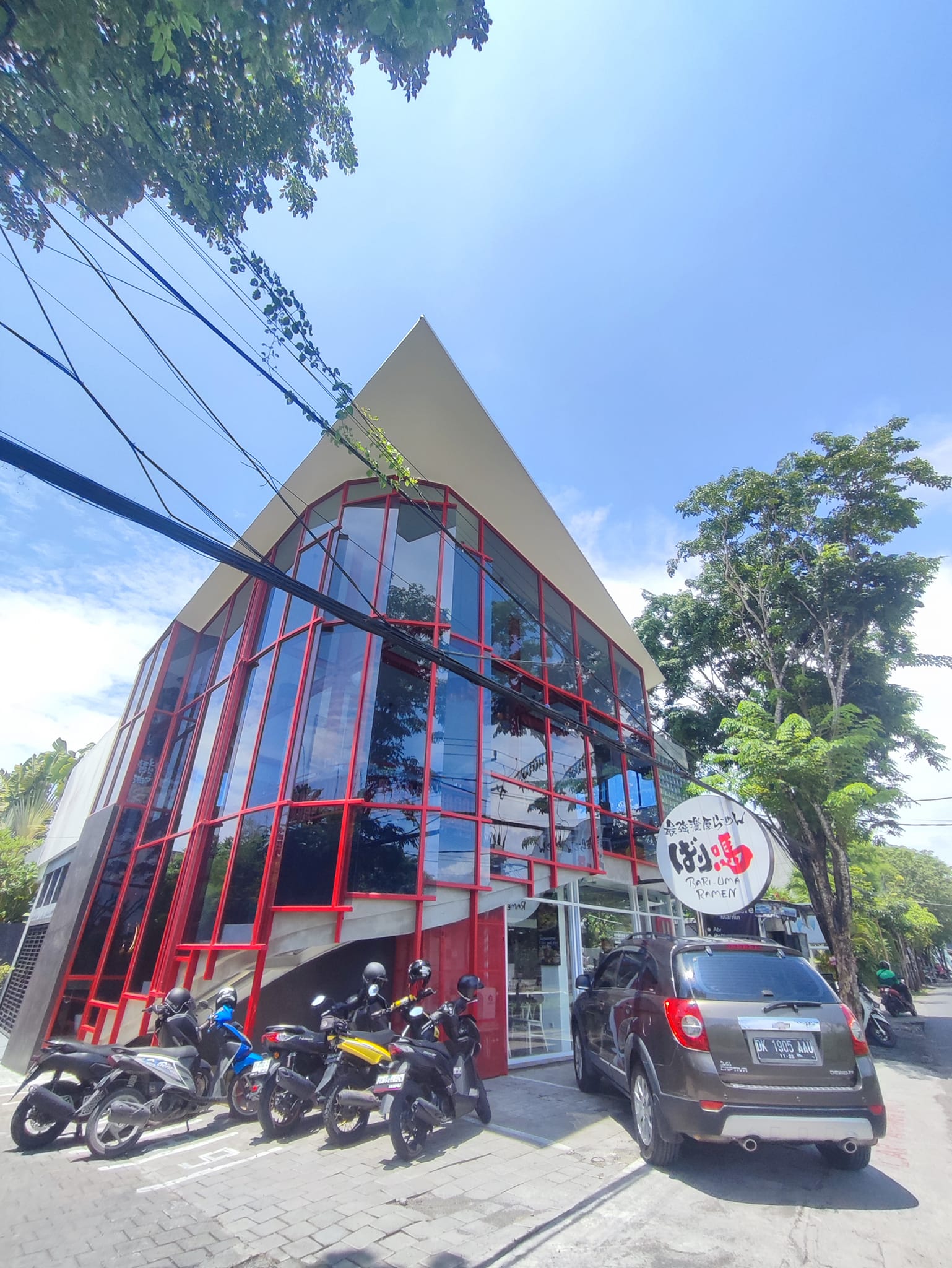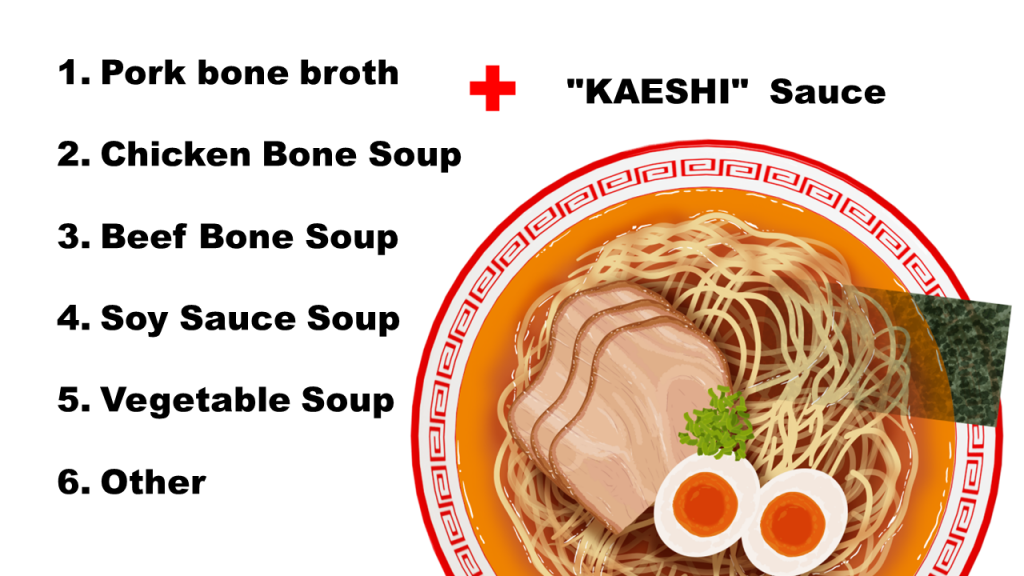Overseas Expansion Success Interview Vol.1
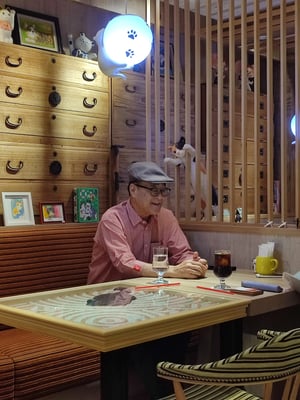
【Overseas Expansion Success Interviews】
Considering the future of Japan, you should take the plunge and go abroad.
In doing so, it is important to have a supportive environment.
Toshiharu Eguchi, Founder and President of BARIMA Ramen
Toshiharu Eguchi, Chairman and Representative Director, Estate Eguchi Co.
(Profile) Born in Hiroshima in 1953. After working for the post office, became independent. After working with a friend in the construction and interior design business, he established Eguchi Food Service in 1992 (renamed With Link Co., Ltd. in 2005). In 2003, he established "BARIMA", a pork bone ramen restaurant, and in 2011, when he had about 40 restaurants in Japan, he established a subsidiary in Singapore to develop "BARIMA" franchises overseas. In 2019, he sold the business of With Link Holdings (BARIMA and TORINOSUKE in Japan and abroad) to Yoshinoya Holdings. Currently operates cafe and cat goods "Nekokatton" in Hiroshima.
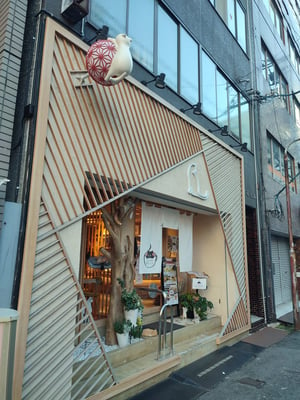
(cafeとねこ雑貨『猫かっとん』)
―― Please tell us about the birth of "BARIMA" and its development in Japan.
As I studied various franchise brands, I began to think that it would be better to abandon our own brand of curry and drastically change the business format to something new.
So, while walking around eating and drinking, I became attracted to ramen because of its business model and ability to attract customers. Then I decided to study ramen.
So, on a trial basis, I made ramen jointly with a manufacturer. It took six months to develop the soup and noodles. When we had our employees try it, it was well received. They said, "It's good, it's good, it's good. That's how we started our directly managed restaurant.
―― When you had franchised about 40 stores, what made you decide to expand overseas?
It is sad to say, but I could not see any prospects for the future of food service in Japan. Japan's population is decreasing due to the declining birthrate. The number of young people, the target group for eating out, will decrease. I could foresee that the food service industry would compete with each other and that things would get tougher.
That is why we wanted to look overseas. There were other companies that were going overseas. However, there was no opportunity. I didn't know how to do it in reality.
At that time, Mr. Akira Tsuchiya (CEO of Ascentia Holdings) approached me and said, "Why don't you take a look overseas?" He took me, my son, and my wife on a tour of Singapore eating out.
He took me, my son, and my wife on a tour of Singapore's restaurants. Every restaurant was thriving, and I felt firsthand that this was amazing.

―― And you decided to open a directly managed store in Singapore.
Yes, Singapore is the hub of Asia and people from many different countries come here. It is also easy to get to from Japan. The conditions are also perfect. Above all, I decided to go there as a result of actually visiting.
―― When you started the restaurant, how did you go about locating the store and hiring people? And who were the members of the start-up team?
We asked Akira to help us with location and local hiring. At the start, I think we hired about 30 local people. We sent three people from Japan. I sent my son, a veteran manager of "BARIMA" from among the employees who wanted to go overseas, and another person.
―― Did you have a good start?
That was not performing well at the start.
So we took the plunge and changed the soup. At first, it was the same as the Japanese soup, but we changed the taste and preparation method for overseas consumption. It was still tonkotsu (pork bone) soup.
Since then, it has been growing well, and sales have been increasing rapidly, even more than our performance in Japan.
―― This directly managed store will then be used as an antenna store for franchisees in Asia.
Yes, we have developed franchises in Japan, and we wanted to do the same overseas. Especially in the case of overseas, we thought from the beginning that it would be better in terms of human resources and various other aspects to have local owners who know the local area well. We also asked Ascentia to recruit franchisees.
In 2011, people from ASEAN countries needed a visa to come to Japan, and it was not easy for them to visit Japan.
One year later, we opened another directly managed store, which also served as a training store. In Singapore, English and Chinese are spoken, so it is easy to conduct training.
―― So the franchise then expanded to about 34 or 35 stores in four years.
We started in Indonesia and Malaysia. I think the number of stores grew to nearly 40.
Depending on the location of the stores, Indonesia did well and had about 10 stores, and Hong Kong had about 10 stores at that time.
Later, though, I had to let go of my business.
―― The business is being sold to Yoshinoya Holdings. Why is this?
I had been thinking about succeeding to the company for some time and initially considered having my son take over. However, as the business grew and the times were changing rapidly, I began to think about M&A. After consulting with my son and wife, I took the plunge and decided to conduct an M&A. After consulting with my son and my wife, we decided to take the plunge and conduct an M&A. At the time, Yoshinoya Holdings Co.
At the time, Yoshinoya Holdings also had a ramen business headquarters, but they wanted to expand overseas. They were interested in our company from the perspective of overseas expansion.
―― What do you imagine your life would be like if you had not ventured abroad?
Even if Corona had not existed, if we had done business only domestically, our performance would not have increased, and would have been flat at best.
With restaurant franchisees hiring employees and part-timers and changing work styles, it is becoming tougher than in the past to make a profit while paying franchise royalties.
If this happens, the number of franchisees will not increase, and the performance of the franchise headquarters will also become more difficult.
―― What were some of the difficulties you encountered at your directly managed stores overseas?
We had the dilemma of not being able to move quickly or help when something happened. We did not know how to deal with problems overseas due to differences in people, language, and Japan, so we had to leave various things to the local store managers and supervisors. That was the most difficult part.
―― Were there any differences between foreign and domestic franchises?
Japanese owners are able to listen to the head office's policies and decisions to a certain extent, but overseas it is quite different. Some owners change various things or change the menu on their own initiative.
Also, they ask for sales and profit figures more than in Japan. Overseas owners are more strict and strong. On the other hand, if the restaurant is good, they will expand it rapidly. The speed is fast.
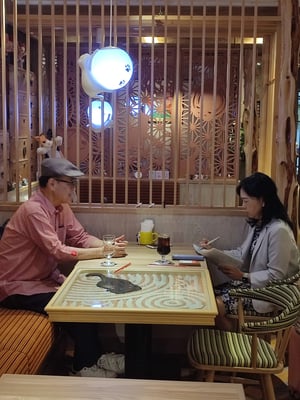
―― Finally, please give a few words to companies that are looking to expand overseas.
I had the intention of going overseas, but it was President Akira Tsuchiya who actually inspired you to go overseas. I think it is extremely difficult to open an overseas branch, not only in the food and beverage industry, unless you have someone to support you.
Taxes, accounting, labor, I have to go to a country that is completely different from Japan to do it, so it is difficult to do it without someone who can support me properly, realistically. The language is different, you have to find a place to live, and there are so many things to do that no matter how many bodies you have, it will never be enough.
Furthermore, who do you rely on? Is the Japanese consultant you rely on someone you can trust, or does he or she have experience and achievements overseas so far?
Akira-san has a lot of experience overseas, and I believe he is the best in Japan in terms of overseas franchise development. The directly managed store in Singapore was set up as a joint venture with Ascentia, and we asked Akira to participate in the management and support his son close to him in Singapore.
There are some Japanese stores that have opened their own stores overseas, but they sometimes get stuck after opening two or three stores. I think it is quite difficult without someone to support you when something goes wrong.
Japan is no longer in the era of "go, go, go" and considering the declining birthrate, if you have a business that can be easily expanded overseas, you should take the plunge and leave. However, it is essential to find someone or a company to support you.

